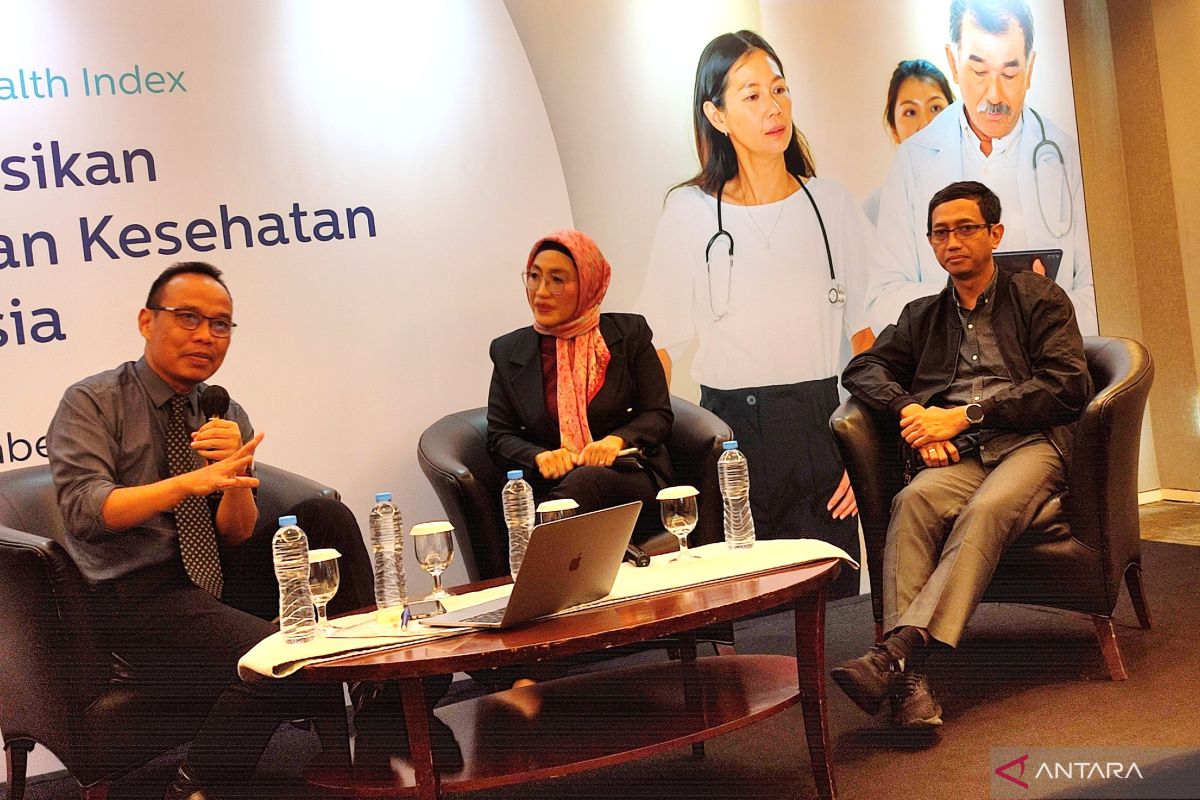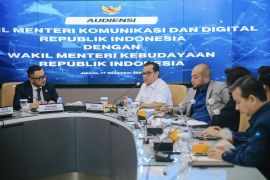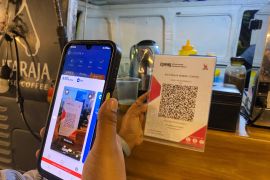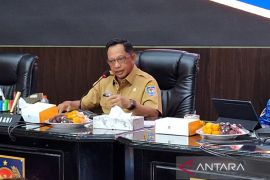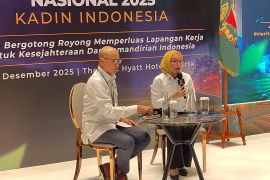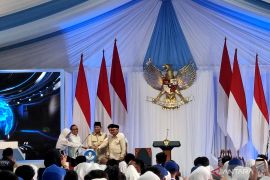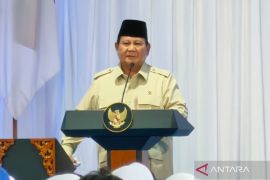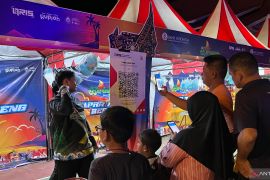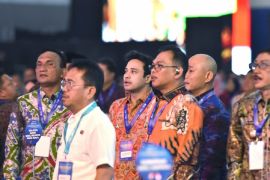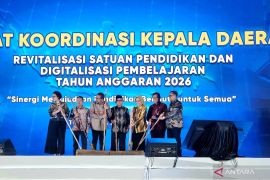"Digitalization allows us to know the time that patients spend, starting from registering to receiving medicines. Turns out, the average (time) is three or four hours, and with our system, we can improve the services," he remarked during a press conference here on Wednesday.
Setiaji stated that the digital medical record feature developed in the ministry's SATUSEHAT application can ensure patients' data security.
"In paper form, we cannot ensure the security of the data, including when it is brought by officers. Through (a digital) system, we can detect who access(es) it and (can limit) who can access it," he explained.
Setiaji noted that his ministry is targeting to integrate data from 60 thousand health facilities across Indonesia. It has also integrated various applications, so that the system is more centered.
He stated that with integration, his ministry has simplified 400 applications to only nine applications.
Related news: Service digitalization lessens waiting time by almost an hour
The SATUSEHAT application will enable medical personnel to make short the work of data input. System simplification is also carried out by uniforming language and data standards.
Setiaji further explained that the development of digitalization is also being carried out through the development of artificial intelligence (AI) use, for instance, in health checks at integrated health posts (posyandu).
He remarked that regarding data, the Ministry of Health separates data into two types: personal data and non-personal data.
The DTO chief ensured that the data sent by the ministry to people's devices is encrypted.
"This data, even though there's protection for personal data, can be utilized by researchers, but the personal identity has been removed, so that we can still process the data," he remarked.
Related news: Ministry reveals challenges to digitize health services in Indonesia
Translator: Rina Nur, Raka Adji
Editor: Yuni Arisandy Sinaga
Copyright © ANTARA 2023
